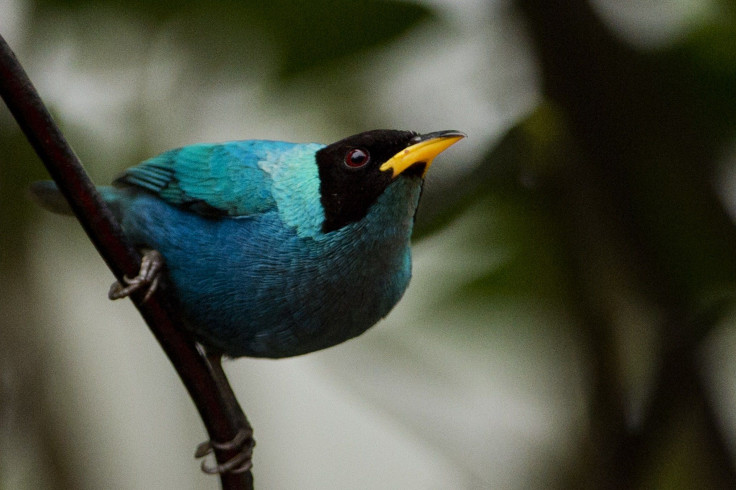Climate Change ‘Prime Suspect’ Behind Decline In Native Hawaiian Bird Numbers, Study Says

A study found that native Hawaiian birds like the ‘I’iwi are close to extinction due to climate change, mosquitoes and rats. Researchers warned that the Hawaiian honeycreepers, a family of brightly colored songbirds, may face extinction in a decade.
The study published Wednesday in the journal Science Advances found that higher temperatures due to climate change had increased the spread of diseases like avian malaria in the birds' habitat, which used to be cool enough to keep such diseases under control.
“This study showed us two things: one, that the ones we already knew were in trouble were in even worse trouble than we thought — like, much worse trouble,” Lisa Crampton, co-author of the study and project leader with the Kaua’i Forest Bird Recovery Project, reportedly said. “And two, species that we thought were doing okay were actually now in trouble. So it was a really worrisome finding.”
There existed over 50 species of the Hawaiian songbirds, but today only 18 remain, of which six are near extinction. Two species are on the endangered list and a petition is doing the rounds asking for ‘I’iwi to be added to the list as well.
These birds are restricted to forests in high elevations where diseases were either seasonal or absent, but the study found a sharp increase in the occurrence of diseases in the forests in Kaua’i’s Alakai Plateau over a 15-year period.
The researchers analyzed data from long-term surveys gathered by state and federal biologists on the decline of the native birds in the Kaua'i forests and data from surveys on the prevalence of avian diseases.
Researchers found an increase in the number of mosquitoes in the birds’ habitat in addition to the warmer temperatures. They said that global warming is the “prime suspect” behind the decline in the number of birds, but other factors like foreign plants and animals are adding to the problem.
Native Hawaiians also see flora and fauna as their ancestors. Crampton said that feathers were a part of the ancient Hawaiian attire. “If we lose these forest birds, we lose our connection to our past,” she reportedly said. “Even though the situation is dire, it's not too late. It’s not hopeless.”
The birds are also important to the state’s watersheds. “Everything we can do to slow down the rate of climate change is going to help the birds,” she added.
© Copyright IBTimes 2024. All rights reserved.






















